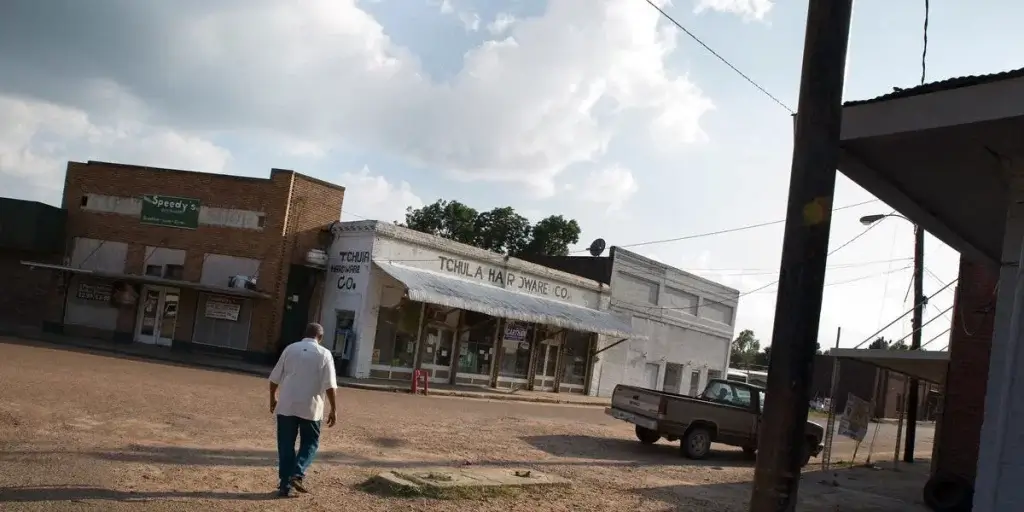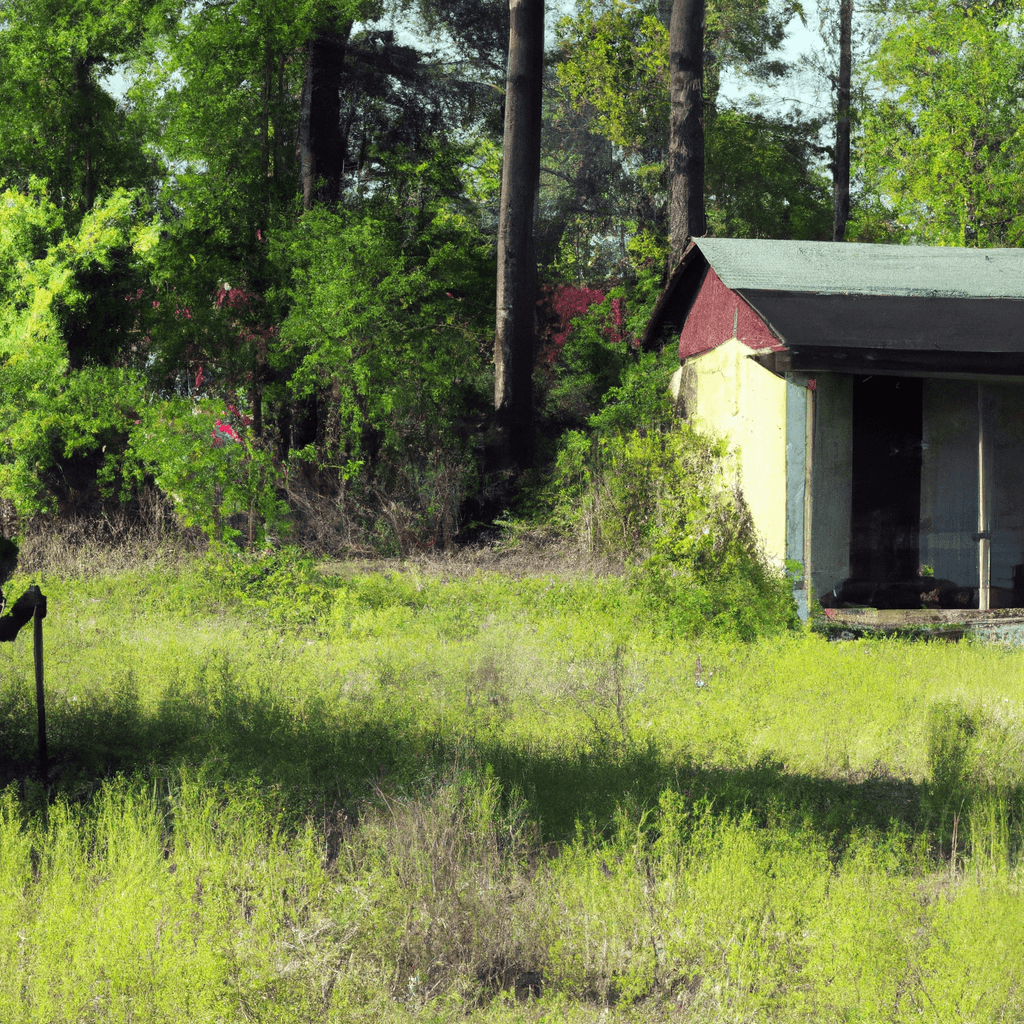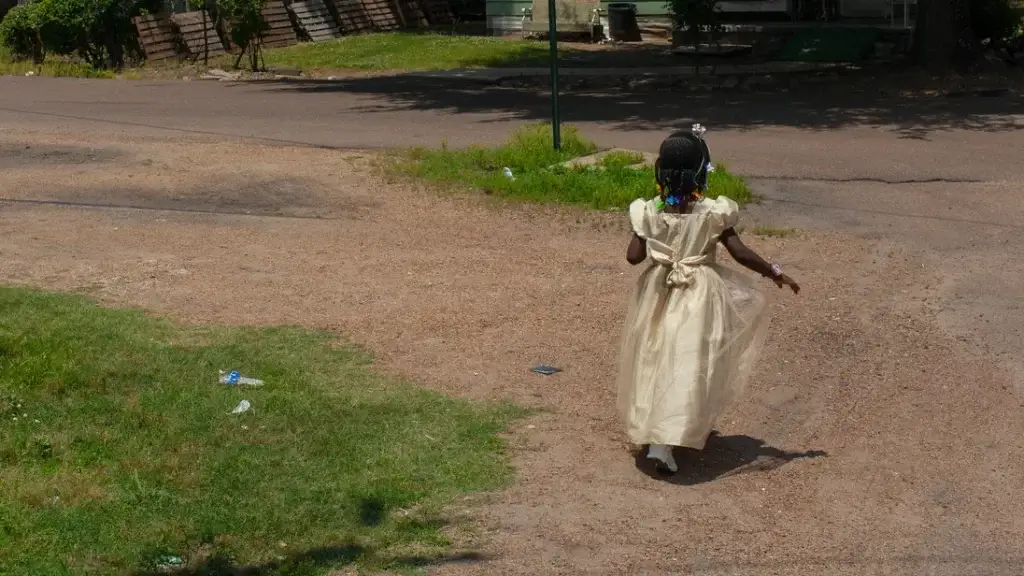The Poverty In Mississippi Is Unlike Anything You’ve Ever Seen

Witness the Unimaginable: The Poverty in Mississippi
I spent four days driving around the poorest parts of the Mississippi Delta. This is what I saw. It’s pretty bad right now. But despite all of the things you see in this video, a lot of people have optimism and don’t seem to mind about rankings.
The poverty in Mississippi is unlike anything you’ve ever seen. It is a state that has been plagued by poverty for decades, and the effects of this poverty are visible in every corner of the state.
Mississippi has the highest poverty rate in the nation, with nearly one in four people living in poverty. The poverty rate is even higher for African Americans, with nearly one in three living in poverty. The poverty in Mississippi is not only a financial issue, but also a social and health issue. The lack of access to quality education, healthcare, and employment opportunities has created a cycle of poverty that is difficult to break. This article will explore the causes of poverty in Mississippi, the effects of poverty on the state, and the efforts being made to address the issue.
The Devastating Impact of Poverty in Mississippi
Poverty in Mississippi is a devastating reality for many people. It affects the lives of thousands of individuals and families, and it has a ripple effect on the entire state. Mississippi has the highest poverty rate in the nation, with nearly one in four people living below the poverty line. This means that more than a million people in the state are struggling to make ends meet.
The effects of poverty are far-reaching. People living in poverty often lack access to basic necessities like food, housing, and healthcare. They may not be able to afford the costs of education or job training, which can make it difficult to find employment. Poverty can also lead to poor health, as people may not be able to afford nutritious food or medical care.
The economic impact of poverty is also significant. People living in poverty often have difficulty finding and keeping jobs, which can lead to a decrease in economic activity. This can have a negative effect on the state’s economy, as businesses may not be able to hire as many people or invest as much money in the local economy.

The social impact of poverty is also devastating. People living in poverty may experience feelings of isolation and despair, as they may not have access to the same resources and opportunities as those who are more financially secure. This can lead to a decrease in social mobility and an increase in crime and violence.
Poverty in Mississippi is a serious issue that needs to be addressed. It’s important to recognize the devastating impact it has on individuals, families, and the state as a whole. We must work together to find solutions that will help lift people out of poverty and create a brighter future for everyone.
How Mississippi’s Poverty Crisis is Affecting its Children
Mississippi is one of the poorest states in the nation, and its poverty crisis is having a devastating effect on its children. With nearly one in four children living in poverty, Mississippi’s kids are facing a future of limited opportunities and bleak prospects.
The effects of poverty on children are far-reaching and long-lasting. Kids who grow up in poverty are more likely to suffer from poor health, have difficulty in school, and experience social and emotional problems. They are also more likely to become involved in crime and substance abuse.
The poverty crisis in Mississippi is particularly acute. The state has the highest rate of child poverty in the nation, and the poverty rate for African American children is even higher. This means that many of Mississippi’s children are growing up in households that lack basic necessities like food, clothing, and shelter.
The lack of resources in Mississippi’s impoverished communities also means that children don’t have access to quality education, healthcare, and other services that could help them break the cycle of poverty. Without these resources, children are more likely to struggle in school and have difficulty finding jobs when they become adults.
The poverty crisis in Mississippi is a complex problem that requires a comprehensive solution. But one thing is clear: Mississippi’s children deserve better. They deserve access to quality education, healthcare, and other services that can help them break the cycle of poverty and build a better future for themselves.
The Role of Education in Reducing Poverty in Mississippi

Education plays a key role in reducing poverty in Mississippi. It provides people with the skills and knowledge they need to find better jobs and increase their earning potential. With higher incomes, people can afford basic necessities like food, housing, and healthcare, which can help them break the cycle of poverty.
Education also helps people develop the skills they need to become self-sufficient. This includes learning how to budget, manage their finances, and make informed decisions about their future. With these skills, people can make better choices about their lives and create a better future for themselves and their families.
Finally, education can help people gain access to resources and opportunities that can help them break out of poverty. For example, people who have a college degree may be able to find better jobs with higher salaries, which can help them escape poverty. Additionally, education can open doors to other resources, such as grants and scholarships, which can help people pay for college and other educational opportunities.

In short, education is an important tool for reducing poverty in Mississippi. It provides people with the skills and knowledge they need to become self-sufficient, and it can open doors to resources and opportunities that can help them break out of poverty. With the right education, people can create a better future for themselves and their families.
The Role of Government in Addressing Poverty in Mississippi
When it comes to addressing poverty in Mississippi, the government has an important role to play. Mississippi is one of the poorest states in the nation, and the government has a responsibility to help its citizens out of poverty.
The government can provide assistance in a variety of ways. For example, it can provide access to education and job training programs, which can help people gain the skills they need to find better-paying jobs. It can also provide access to healthcare and nutrition programs, which can help people stay healthy and have enough to eat.
The government can also provide tax incentives to businesses that create jobs in the state. This can help create more job opportunities for people living in poverty.
Finally, the government can provide direct assistance to those in need. This can include things like food stamps, housing assistance, and other forms of financial aid.
These are just a few of the ways the government can help address poverty in Mississippi. It’s important that the government take an active role in helping its citizens out of poverty, and that it provide the resources and support they need to succeed.
The Role of the Private Sector in Alleviating Poverty in Mississippi
The private sector plays an important role in alleviating poverty in Mississippi. Businesses create jobs, provide goods and services, and generate economic activity that can help lift people out of poverty. Private sector investments can also help build infrastructure, provide access to capital, and create opportunities for people to improve their lives.
Businesses can create jobs and provide economic opportunities for people living in poverty. By providing employment opportunities, businesses can help people gain the skills and experience they need to move up the economic ladder. Businesses can also provide goods and services that are essential for people living in poverty, such as affordable housing, healthcare, and education.
Private sector investments can also help build infrastructure and provide access to capital. Investments in infrastructure can help create jobs and provide access to essential services, such as transportation, water, and electricity. Access to capital can help people start businesses and create economic opportunities for themselves and their families.
Finally, private sector investments can create opportunities for people to improve their lives. Businesses can provide training and mentorship programs that can help people gain the skills and experience they need to succeed. Businesses can also provide access to resources, such as technology and financial services, that can help people improve their lives.
The private sector has an important role to play in alleviating poverty in Mississippi. By creating jobs, providing goods and services, and investing in infrastructure and access to capital, businesses can help people improve their lives and move out of poverty.The poverty in Mississippi is unlike anything you’ve ever seen. It is a stark reminder of the disparities that exist in our country and the need for greater investment in the state’s infrastructure, education, and health care systems. Mississippi’s poverty rate is among the highest in the nation, and it is clear that more needs to be done to address the issue. With the right investments and policies, Mississippi can become a place of opportunity and prosperity for all its citizens.